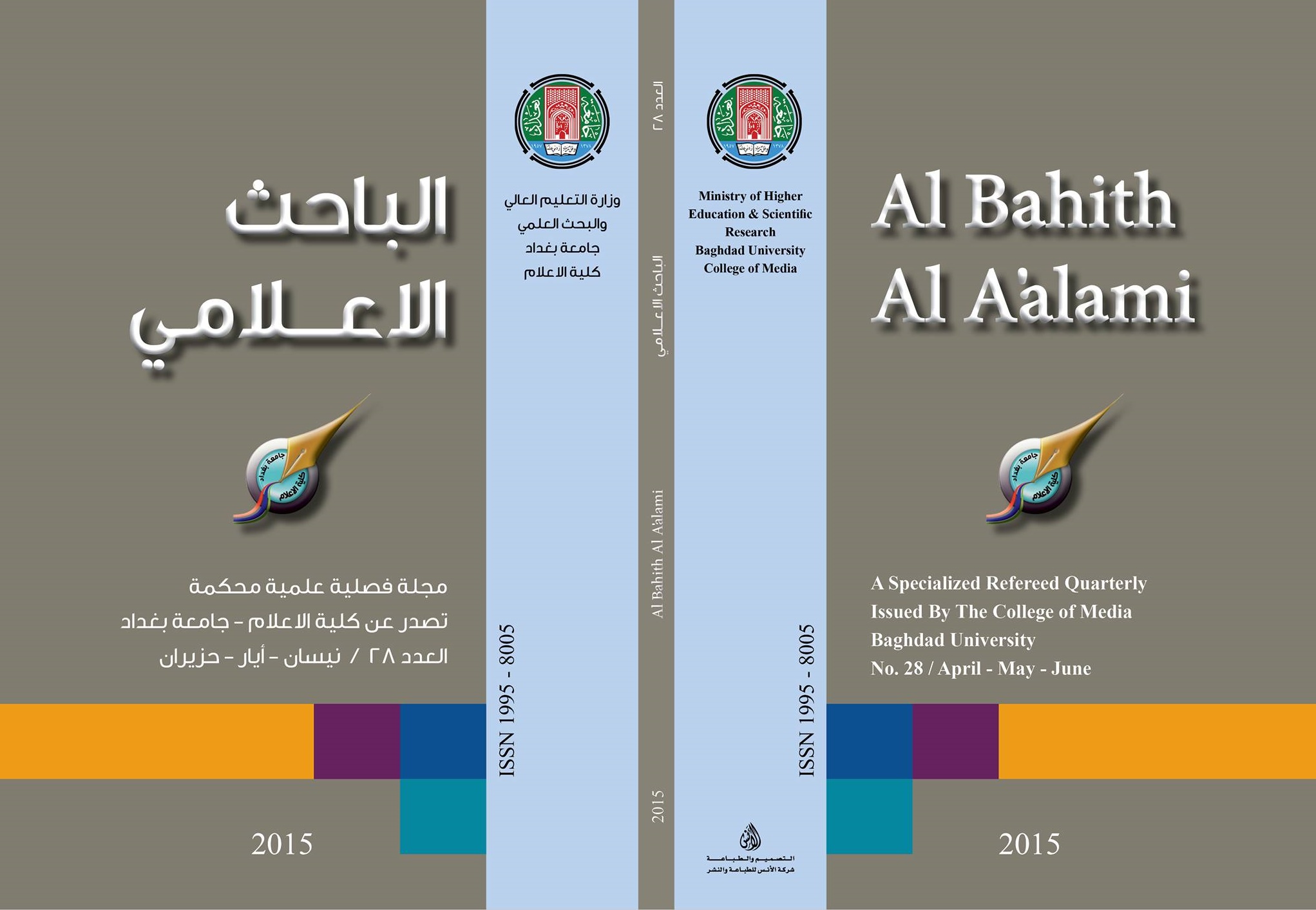Legal Legislation and Freedom of Expression / Historical Approach
DOI:
https://doi.org/10.33282/abaa.v7i28.199Keywords:
Legal Legislation, Freedom of Expression, Historical ApproachAbstract
Freedom of opinion and expression occupy the first place among the concerns of countries and international organizations. And it is also the basis of contemporary freedom because it is the foundation for achieving freedom in other fields such as politics, economics, education, etc.. The constitutions of the state have ensured that almost the entire freedom to express an opinion in all its forms either orally or writing or images of expressions, but these freedoms are identified within the law. Most countries announced their commitment to the international conventions and texts issued by international and regional organization like the Universal Declaration of Human Rights in 1948, and the International Covenant on Civil and Political Rights which have been adopted by the United Nations Freedom of opinion and expression occupies the first place among the concerns of countries and international organizations. And it is also the basis of contemporary freedom because it is the foundation for achieving freedom in other fields such as politics, economics, education, etc.. The constitutions of the state have ensured that almost the entire freedom to express an opinion in all its forms either orally or writing or images of expressions, but these freedoms are identified within the law. Most countries announced their commitment to the international conventions and texts issued by international and regional organization like the Universal Declaration of Human Rights in 1948, and the International Covenant on Civil and Political Rights which have been adopted by the United Nations The freedom of media has got a great importance because it is the most effective way in spreading the views of interests to communities, their aspirations, their rights, and to ensure them to communicate with each other. As well as it allows multiple sources through diversity in the dissemination of information. This way will help individuals ensuring that they verify the validity of the facts and make their own opinion on the events objectively. The freedom of expression has coupled with the right of access to information and its dissemination but these freedoms include duties and responsibilities. Therefore, it is forced to subdue this right for a number of legal proceedings, conditions, restrictions, specific penalties in the law as this is necessary in any democratic society in order to protect homeland and its safety, crime prevention, respect other's rights and prevent the deployment of private secrets So, this research represents a simple effort to highlight the most important legislative aspects of some Arab constitutions that guarantee freedom of expression. And it necessitated the need to search some of the texts cited in the constitutions of Arab and foreign countries; we found how everyone agreed on freedom of expression and opinion and access to information and its circulation. Then, their freedoms have been bound with materials of the constitution to prevent the disclosure of information in many cases such as wars and crises
Downloads
References
2. Andrei Horio, Constitutional Law, and Political Institutions. 1 (Beirut, 1974) p
3. John Locke, Letter in Tolerance, T. Abd al-Rahman Badawi (Beirut: 1962) p.
4. United Nations General Assembly, Universal Declaration of Human Rights, 15 December 1948.
5. United Nations Publications, session of 20 November 1978, p.
6. Organization of Article 19, Global Campaign for Freedom of Expression (London, 2005), p.
7. Previous source.
8. Yehia Shoukair, International Standards for Freedom of Expression, Adalah Center for Human Rights Studies (Amman, 2005), p.
9. United Nations Organization, Promoting Freedom of Expression, Freedom of the Press and Human Rights (Amman, 2005), p.
10. Article 19 Organization.
11. Farouk Abu Zaid, Journalistic Systems in the Arab World (Cairo, World of Books, 1986) p. 51.
12. Constitution of the Republic of Iraq, 2005. 5, House of Representatives Information Department, Baghdad 2011.
13- Hassan Imad Makkawi, Ethics of Media Work Comparative Study (Egyptian Lebanese House, Beirut, 2006/4) p.
* Among the Arab thinkers among them are: Imad Abdul Hamid Al-Najjar, a mediator in the legislation: Rasem Mohammed Al-Gammal, communication and media in the Arab world:
14. Free Foundation, Freedom of Expression (Wikipedia)
15 - Hassan Imad Makkawi. Excerpt, p. 144.
16. Ibrahim Al-Daqouqi, The Law of Information New Theory in Modern Media Studies (Baghdad, Press of the Ministry of Awqaf and Religious Affairs) p. 276.
Downloads
Key Dates
Published
Issue
Section
License
Copyright (c) 2015 Author

This work is licensed under a Creative Commons Attribution 4.0 International License.
Authors retain copyright and grant the journal right of first publication with the work simultaneously licensed under a Creative Commons Attribution License (CC BY 4.0) that allows sharing the work with recognition of authorship and initial publication in ABBA journal.


















